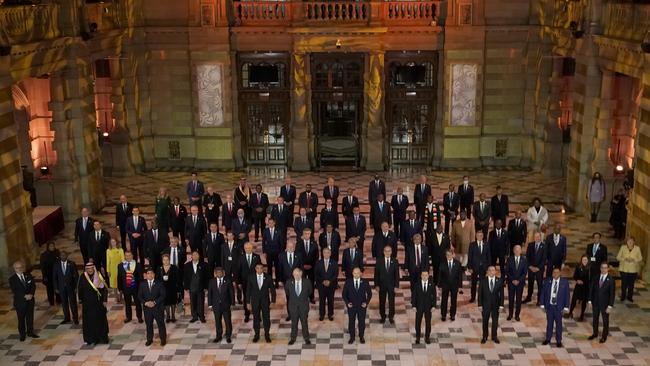
Tough negotiations are still ahead on finance and global energy before moving on to nature, youth, gender, transport and cities, with Sunday off for respite.
The format of the Glasgow talks means serious progress past this point is unlikely. This is because rather than have world leaders attend for the last few days of COP, as has been the case in the past, the Glasgow talks have put the heavy lifting upfront. As a result, negotiations will be missing the pressure-cooker environment used in other COPs to build agreement.
Any hopes the Glasgow summit would result in a new level of co-operation between developed and developing nations have been dashed. After failing to demonstrate unity at the G20 meeting in Rome at the weekend, leaders did little to raise the bar in Glasgow.
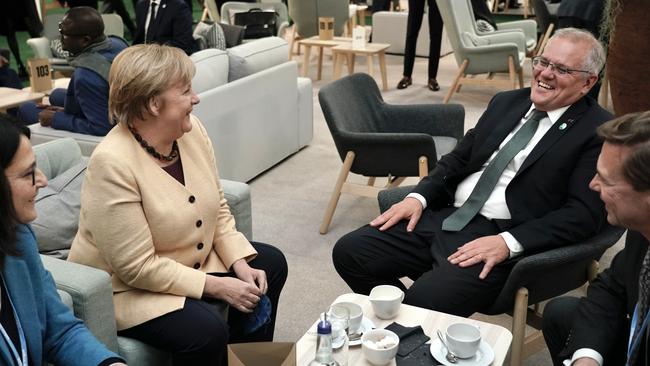
UN Secretary-General Antonio Guterres said any suggestion the world was on track to turn things around was “an illusion”. Boris Johnson said failure to “get real about climate change” would result in uncontainable “anger and impatience of the world”. Joe Biden turned up to talks empty-handed, with his big-spending climate plans stalled in congress. He warned of “the existential threat to human existence as we know it”.
One hundred countries, including Australia, pledged to halt deforestation by 2030. But plans by the US, UK and EU to force a 2050 deadline for net zero, to end coal production this decade and to get broad acceptance for a specific agreement to cut back methane emissions by a set amount have been dashed.
A further reality check is that greenhouse gas emissions continue to rise and are now back at their pre-pandemic high.
The G20’s watering down of net-zero ambition from 2050 to “around mid-century” allowed India to declare a target of 2070. This is 10 years behind China, whose President, Xi Jinping, did not attend the Glasgow meeting but sent a written statement confirming promises already made.
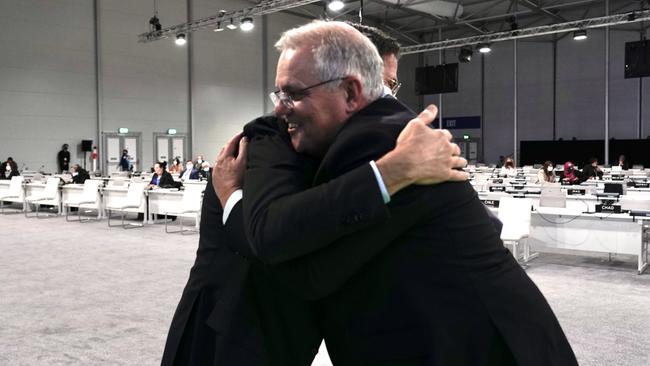
Scott Morrison was due to leave Glasgow in the early hours of Wednesday (Australian time). By securing a net-zero target by 2050 for Australia, the Prime Minister was able to avoid overt hostility at the Glasgow talks. Energy Minister Angus Taylor will use the rest of the conference to build support for his technology first roadmap. Releasing part two of the roadmap on Tuesday, Mr Taylor put time frames on when new technologies, such as hydrogen and green steel, would become cost competitive with existing fossil-fuel methods. Big gains on reducing costs are expected from 2030 onwards. Many of the billionaires, royalty and heads of state who jetted into Glasgow in a fleet of 400 private planes were lured by the potential of financial opportunity.
Glasgow has shown that the big emissions developing nations, including India, China, Brazil and South Africa, are neither willing nor able to prioritise climate action ahead of building prosperity. Business, not government, is going to have to show the way.
More Coverage
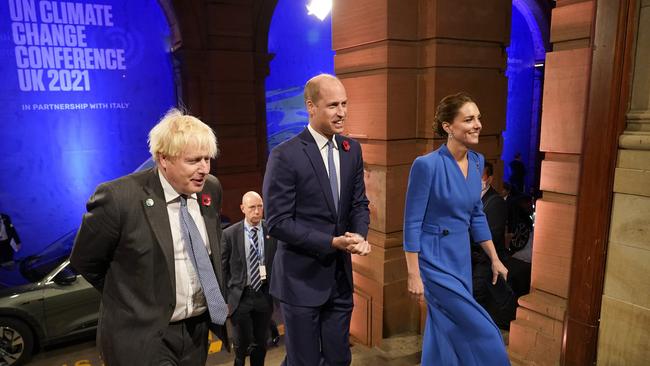


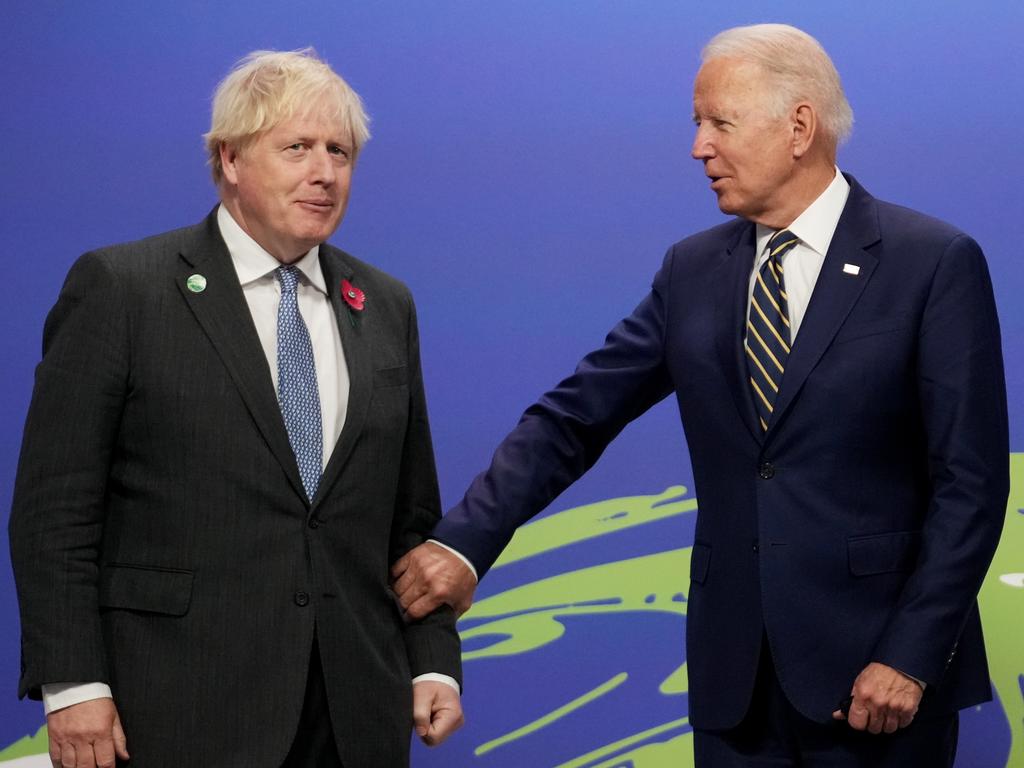
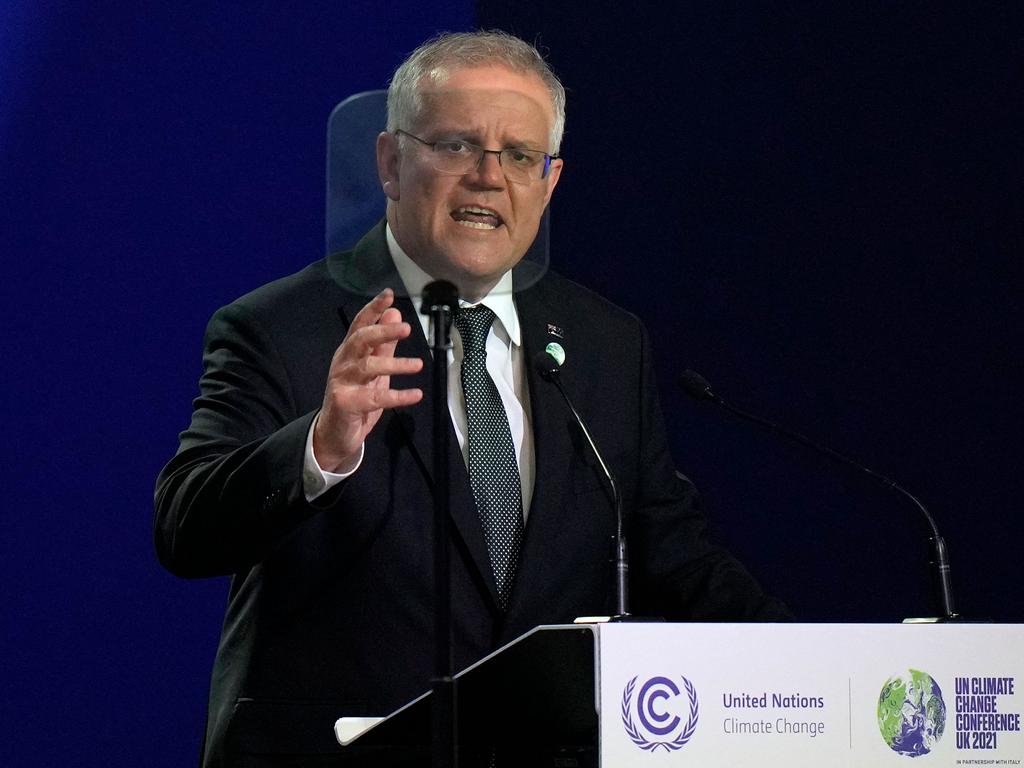
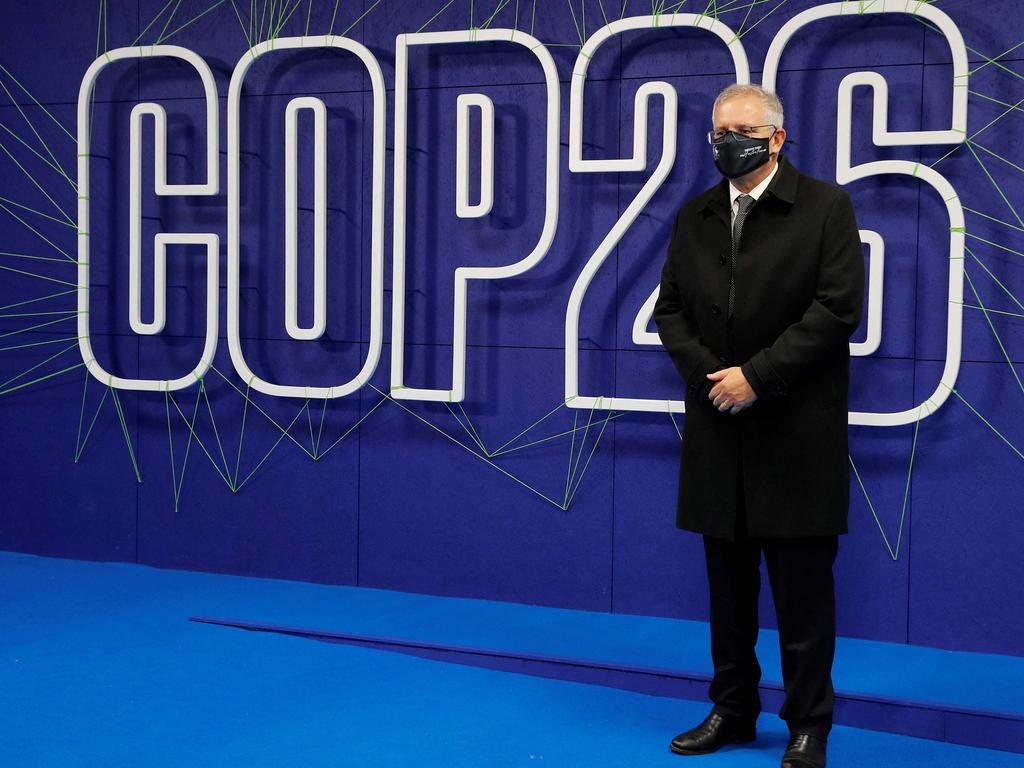
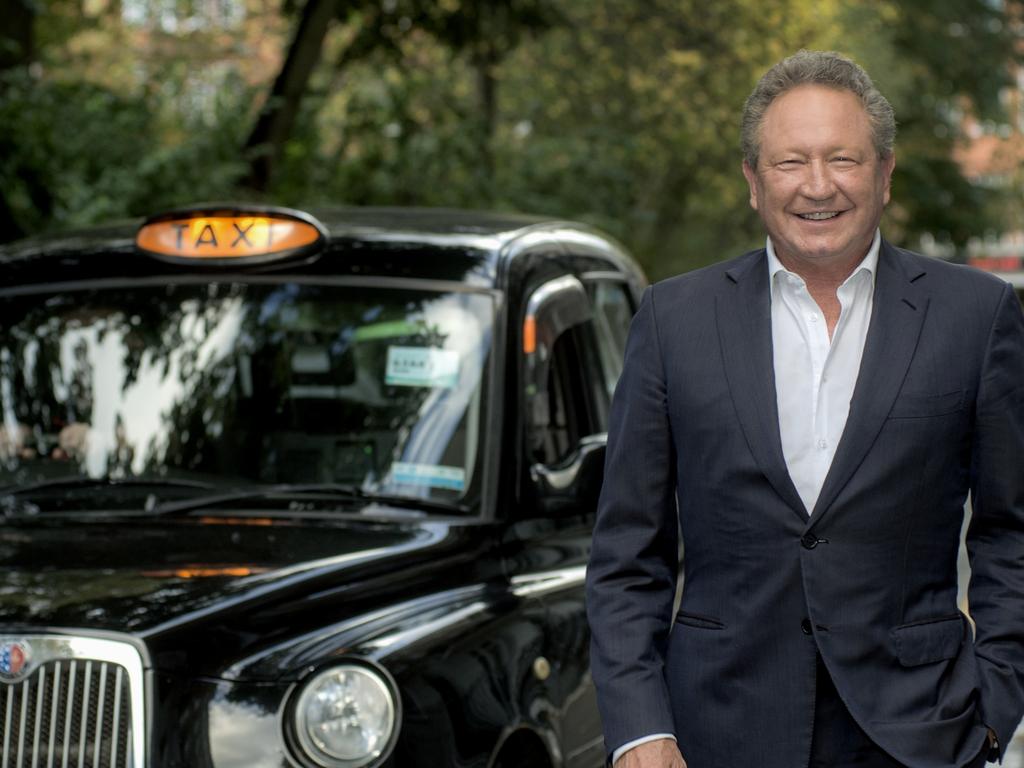


After all the hoopla, COP26 is over almost before it began. World leaders who did attend are jetting out of Glasgow, leaving the UN climate talkfest to peter out over the next two weeks into a green-tech trade fair cum environmental jamboree.